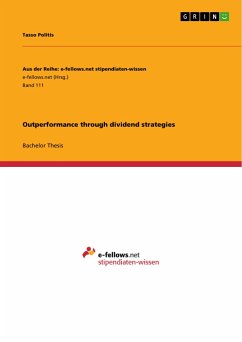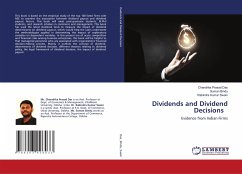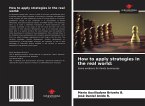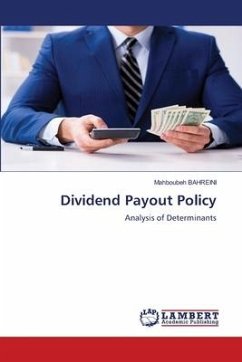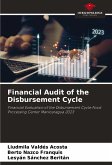Dividends are considered one of the most important corporate financial decisions. Various financial theories have contributed theoretical arguments and financial determinants to explain the level of earnings distributed by companies. This paper tests the effect of the corporate life cycle, and the phases the company goes through throughout its life, on its dividend policy and, at the same time, financial determinants pointed out by the aforementioned theories as significant: profitability, size, risk, number of investors, growth in earnings for the year, growth in earnings for the following year, investment, indebtedness, sales growth or dividends from the previous year. The empirical study is based on a sample of European companies from 6 countries (Germany, Denmark, Finland, Italy, United Kingdom and Sweden). The results do not validate all the study's hypotheses, but they do reinforce some financial determinants of the level of corporate dividends and show differences and similarities between the level of dividends and their determinants for the different countries.
Bitte wählen Sie Ihr Anliegen aus.
Rechnungen
Retourenschein anfordern
Bestellstatus
Storno



